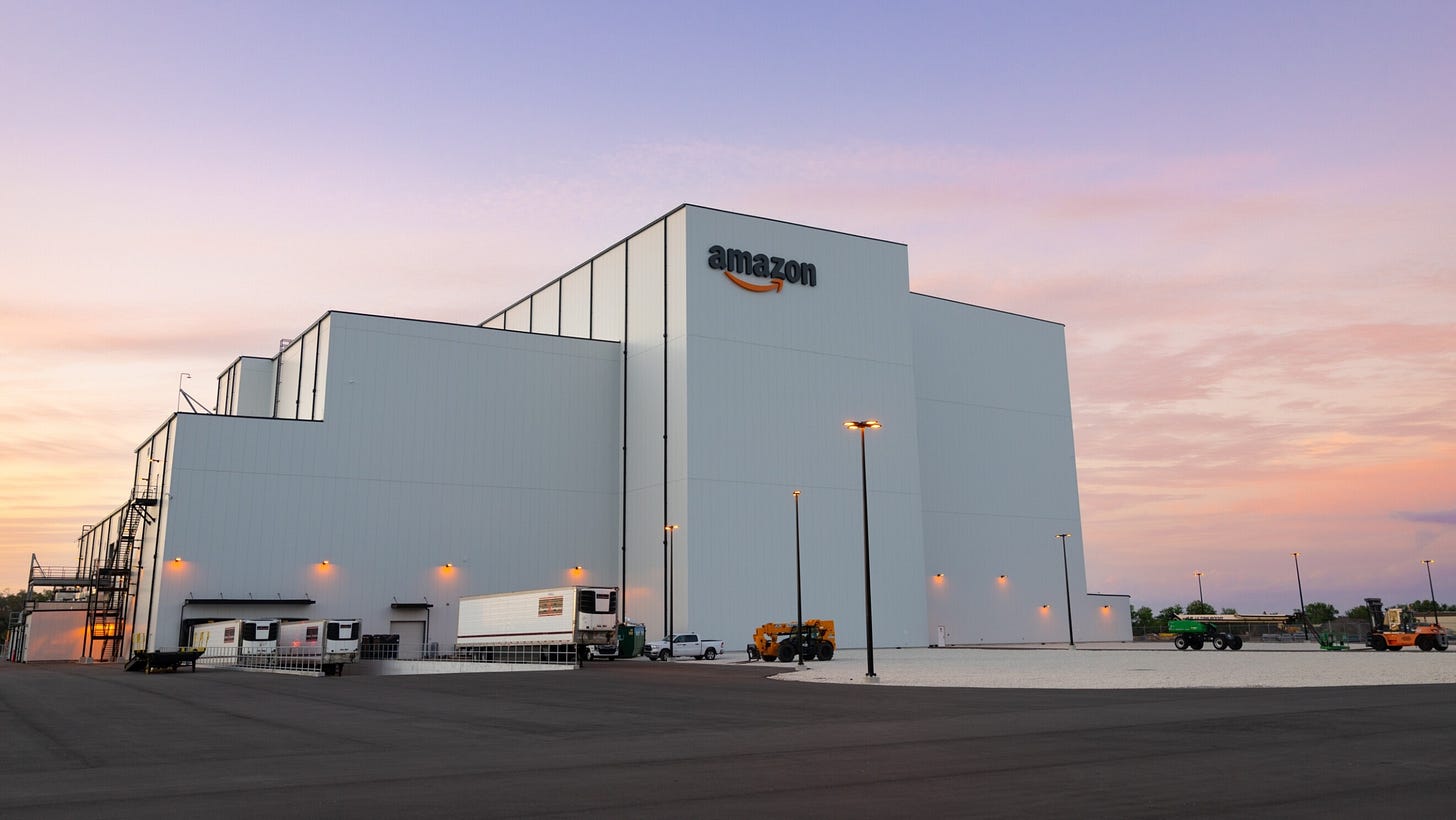Introduction
The space economy is experiencing a fundamental transformation, driven by an emerging ecosystem of agile small satellites and responsive launch platforms that promise to reshape how we access and utilize space. According to Fortune Business Insights, the global small satellite market reached $11.41 billion in 2024, with projected growth rates varying from 11.5% to 18% annually depending on market segment through the early 2030s. This exponential trajectory reflects more than technological advancement—it signals a strategic shift toward distributed, resilient space architectures that prioritize rapid deployment, cost efficiency, and operational flexibility.
The investment landscape tells a compelling story of market confidence. According to Seraphim Space analysis, space startups received $2.41 billion in financing during the second quarter of 2024 alone, representing the third consecutive quarter of growth in funding. This capital influx is fueling a new generation of companies that view space not as an exclusive domain for national superpowers, but as an accessible platform for commercial innovation and competitive advantage.
For investors and entrepreneurs, the small satellite constellation represents a rare convergence of mature technology, expanding market demand, and favorable regulatory environments. However, beneath the growth metrics lies a complex competitive landscape where traditional aerospace giants compete alongside nimble startups, each pursuing distinct strategies for capturing value in an increasingly crowded orbital environment.
Market Dynamics and Investment Landscape
The small satellite market's rapid expansion reflects fundamental changes in both supply and demand dynamics that create substantial opportunities for discerning investors. The United States dominates the global market with over 91% market share in 2024, according to Fortune Business Insights, driven by ongoing broadband initiatives, robust government support, and extensive private sector involvement from companies like SpaceX, OneWeb, and presumably Amazon's Kuiper constellation.





